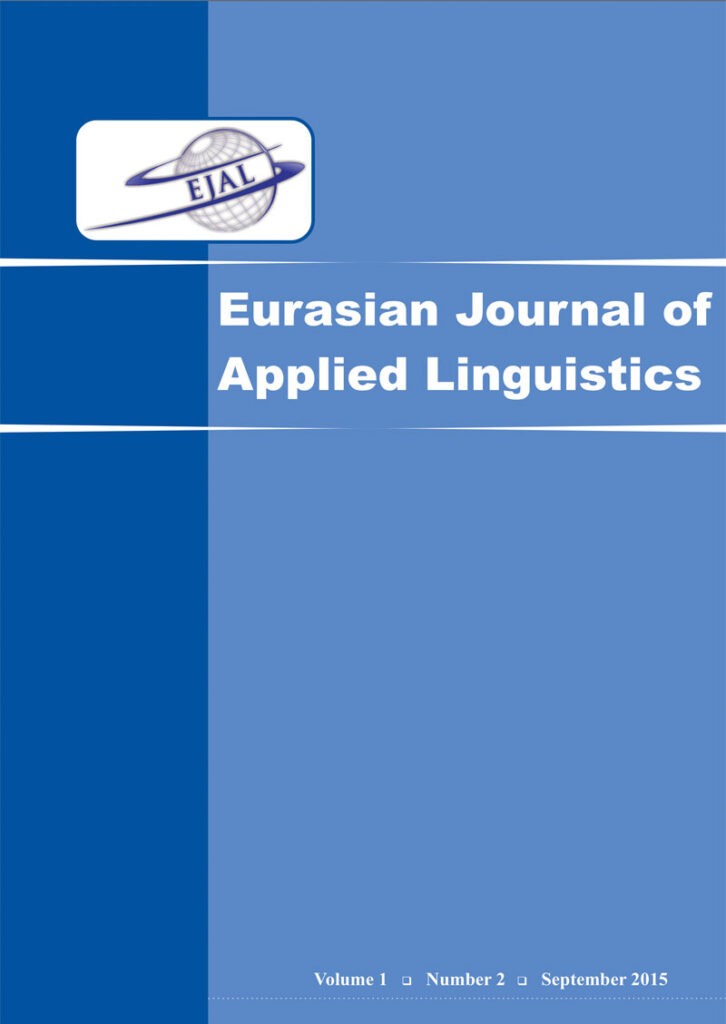Keywords: Spoken English, plural in English, EFL context, L1 interference
Abstract
The aim of this study is to determine students’ use of plural in speaking in an EFL context. To this end, 48 students’ speaking exams, which were recorded during the oral exams in 2014-2015 academic year, were transcribed by the researchers and the students’ use of plural was analyzed. It is important to note that not all the input was obtained from only one exam, but rather a progressive use of plural in English was analyzed with the data obtained from three different exams. As a result of the analysis, it was found that while students can use the plural appropriately with high-frequency words, they were found to use the singular form of an item in contexts where the plural form would be more appropriate. Considering the issue from a progressive perspective, it was found that this tendency did not persist in the long-run. While students from the ELT department were found to use plural appropriately, early level students were found to use plural “s” inappropriately. It was concluded that students’ L1 (Turkish) and overgeneralization of rules in L2 might interfere with their use of plural in the early level, but the effect of L1 diminishes in the upper levels.

